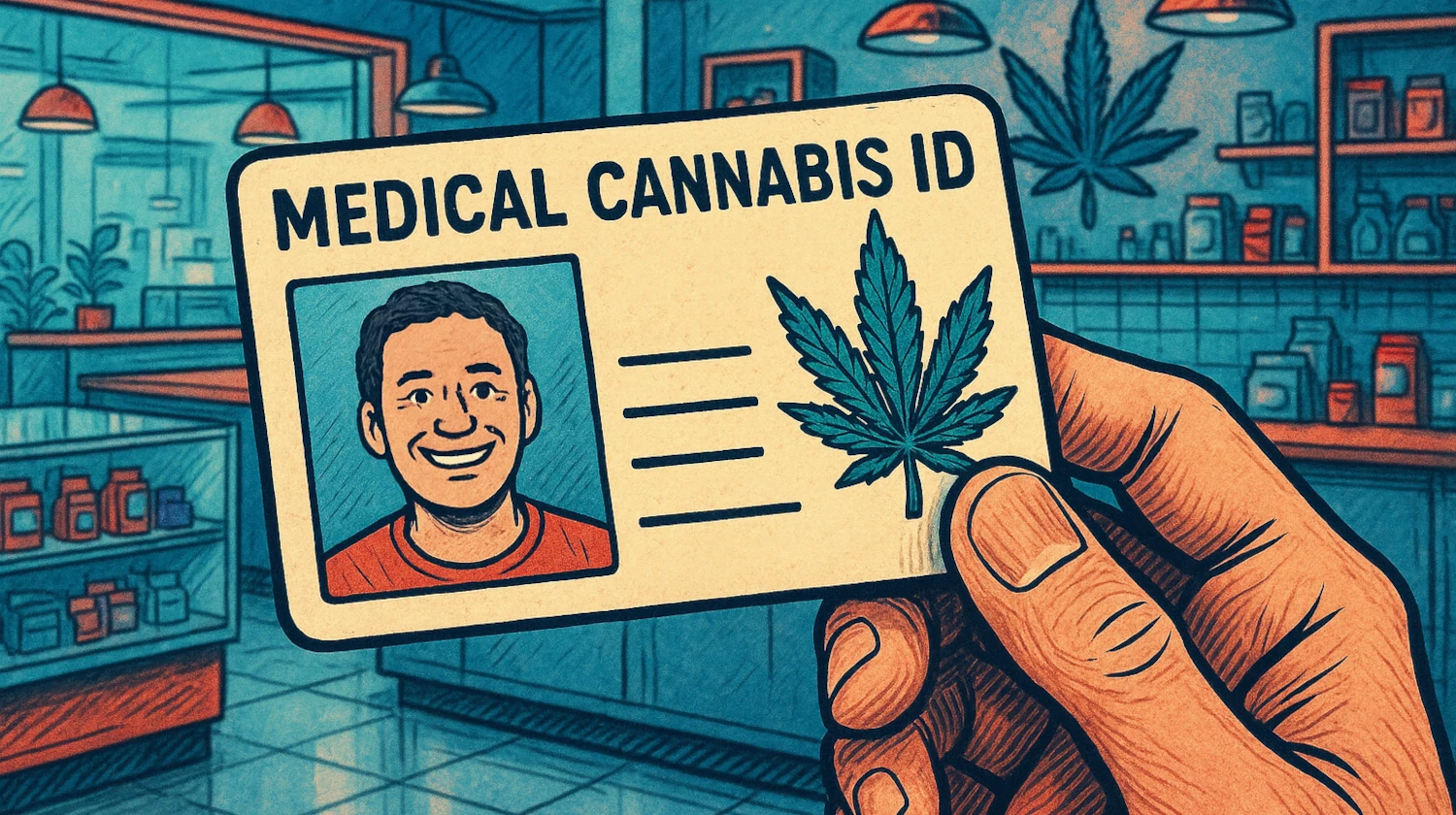A group of Wisconsin state lawmakers announced this week that they are introducing legislation to legalize medical cannabis. Senate President Mary Felzkowski, Senator Patrick Testin, and state Representative Patrick Snyder introduced the bill, which would allow patients with serious medical conditions to obtain a doctor’s recommendation to use cannabis medicinally.
“Someone who suffers from a serious health condition should not have to make the choice to travel to another state or break the law so they can try an alternative medicine for relief,” Felzkowski said in a statement about the measure. “This legislation is about giving our friends, family members, and neighbors suffering from a chronic illness the freedom to explore another option with their doctor.”
“This is also a chance for small businesses in our state to take part in this market with reasonable regulations on making and selling these products, all while still protecting public safety,” she added.
The legislation would allow patients with serious medical conditions such as cancer, multiple sclerosis, post-traumatic stress disorder, irritable bowel syndrome, Parkinson’s disease, or severe chronic pain to obtain a recommendation to use medical cannabis from a physician. Patients would be allowed access to medical cannabis products, including oils, tinctures, edibles, and vaporizers. The legislation does not legalize smoking cannabis, however.
“The position on cannabis has changed dramatically in the last several years,” Testin said, according to a report from WISN television news.
Previous Cannabis Legalization Plans Unsuccessful
Democratic Gov. Tony Evers included a plan to legalize recreational cannabis in his last budget proposal, but the Republican-led state legislature rejected the idea. Last year, Wisconsin Assembly Speaker Robin Vos proposed legislation to legalize medical cannabis that included plans for a network of state-run dispensaries. The Senate declined to adopt the measure, however, likely dooming the measure for the current two-year legislative session.
“Dead is a strong word. I think it’s unlikely that it's gonna pass this session, unfortunately,” Vos told reporters last year.
The new GOP medical cannabis legalization bill requires patients to register with the Office of Medical Cannabis Regulation, a new state regulatory authority created by the legislation. The agency would also be responsible for licensing and regulating cannabis cultivators, processors, and testing laboratories to provide safe products to patients.
“We want to allow private industry to come in here,” Testin said. “There are companies all across this country who have been very effective and impactful in delivering medical cannabis to patients.”
Supporters of the new bill believe that keeping some of the previous bill’s tight restrictions, while including provisions to allow private businesses to participate in the state’s medical cannabis market, will help them gain the support of their colleagues in the legislature.
“I just know my road in the Assembly will be challenging,” said Snyder.
“I’ve had a lot of my bills kind of get delayed one session after another, and just from reading rooms now, with my experience, this is going to take a pretty gigantic Hail Mary to get all the way through,” he added. “But, Hail Marys have happened,” Snyder said.
Wisconsin Voters Support Cannabis Legalization
While Wisconsin lawmakers have so far been unable to deliver a medical cannabis legalization bill to the governor’s desk, the issue has strong support among the state’s voters. In June, a survey of 873 registered Wisconsin voters conducted by Marquette University found that 67% of the state’s voters believe cannabis should be legalized.
“Support for legalization grew to more than 60 percent in 2022, where it has remained since,” the survey reported.
Catch up on the latest cannabis news and sign up for NuggMD's Weekly Sesh newsletter for the latest consumer tips, industry updates, and product recommendations.
The information in this article and any included images or charts are for educational purposes only. This information is neither a substitute for, nor does it replace, professional legal advice or medical advice, diagnosis, or treatment. If you have any concerns or questions about laws, regulations, or your health, you should always consult with an attorney, physician or other licensed professional.




